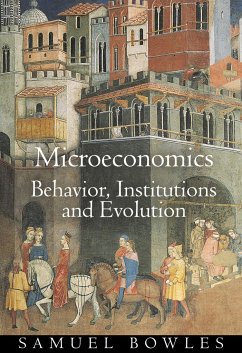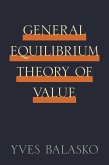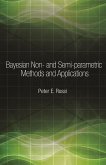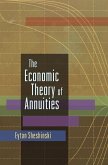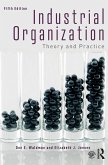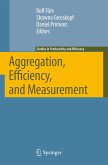"Sam Bowles reminds the student from the first page to the last that microeconomic theory is an attempt to understand economic institutions in order to inspire us to improve the world. This book may be a turning point in bringing economics back to its real political economic roots."--Ariel Rubinstein, Tel Aviv University and Princeton University "The standard neoclassical competitive model of economic behavior has been significantly extended in the last fifty years by emphasis on interaction among small groups (game theory), on extended models of human motivation based in part on human evolution, and on divergent information bases of participants. A rich but scattered literature has now received a brilliant synthesis and development in Samuel Bowles's new book. Microeconomics will be an indispensable part of future teaching in microeconomics at the graduate or advanced undergraduate levels, as well as an excellent source of information for the practicing economist."--Kenneth J. Arrow "Homo economicus is dead, but whose Homo behavioralis will replace him? For those who care, this sustained and honest attempt to explore the implications for economic theory of one of the leading candidates is essential reading."--Ken Binmore, University College London "An important and highly original book that shows how an evolutionary version of microeconomics can be brought to bear on central questions of economic growth and organization."--Peyton Young, Johns Hopkins University "This is one of the most engaging books of its kind that has been written, intellectually challenging and a pleasure to read. It presents an innovative and unconventional perspective on microeconomics and, as such, is a book that many will want to teach from--I will."--Kaushik Basu, Cornell University "Bowles does a masterful job of expanding the boundaries of received microeconomic theory by drawing upon cutting edge ideas from behavioral and experimental economics, evolutionary game theory, and the new institutional economics. I don't know of anyone who has woven such a wide range of literature into an equally coherent vision of post-Walrasian microeconomic theory."--Gregory Dow, Simon Fraser University
Hinweis: Dieser Artikel kann nur an eine deutsche Lieferadresse ausgeliefert werden.
Hinweis: Dieser Artikel kann nur an eine deutsche Lieferadresse ausgeliefert werden.

